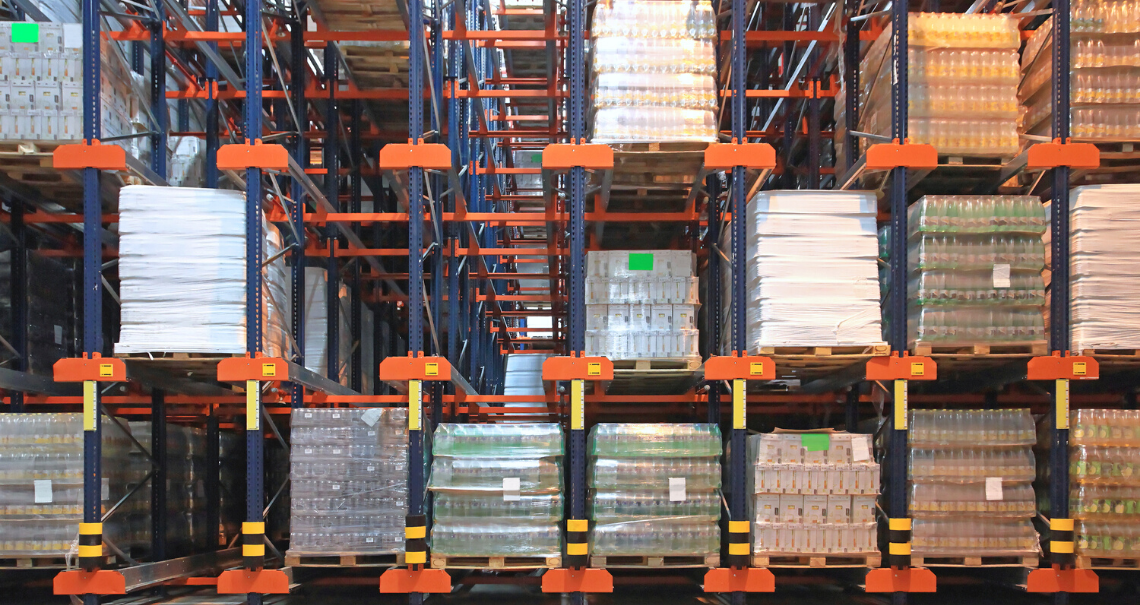The impacts of technological change are often discussed in the context of a changing labour market, but developers need to be aware of the huge impacts rapidly changing technologies are already having, and will continue to have, on development and the property market as a whole.
These changes are set to impact on all commercial markets – retail, office and industrial. Already, automated self-serve checkouts have had a huge impact on the configuration of supermarkets, and studies estimate more than 60 per cent of current warehouse functions will be replaced with technology in the coming years.[1]
DMA Partners’ Development Manager David Cramb said it was important for developers and asset owners to prepare for a ‘new normal’ in the property market.
“We’re already seeing the huge impact e-commerce is having on the warehouse market in Australia and this impact is only going to increase as Amazon expands their position in the local market.
“But, the effects of the digital era are yet to really take effect here in Australia – innovative new picking and packing technologies, changing retail experiences, mobile offices and workshare – all of these changes will reverberate through the property sector.
“Developers need to make sure their product is adaptable to change, and ensure they are keeping up with the latest technological trends, in order to ensure that their product is able to meet tenant needs now and in the future.”
Many players in the industrial market are already aware of the impact these changes are having on assets[2], where the need for highly-specialised facilities has significantly reduced the number of large speculative builds. However, technological change has the potential to have significant impacts on all property markets.
“Change, in many ways, is happening so rapidly that we are becoming desensitised to it,” Mr Cramb said.
“Think about all of the changes that have come in the last decade that we just take for granted now: self-serve checkouts, a huge range of apps that completely change the shopping experience and automated parking facilities, to name just a few.
“At DMA Partners, as part of our commercially led approach, we consider the potential disruptions that our clients could face, and this helps inform the advice we provide.
“Property assets are embedded in our day to day lives; they are the places we work, shop, eat and live.
“As technology pervades our lives, it changes our spaces; how they are built, maintained and how we interact with them.
“It’s exciting to be able to deliver the assets and spaces of the future.”
[1] JLL, 2018, Industry 4.0 – the implications on Australia’s industrial and logistics real estate sector
[2] AFR, 2018, Automation, smart technologies to drive industrial market in 2018




